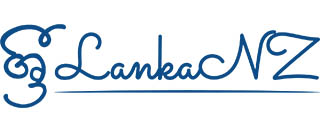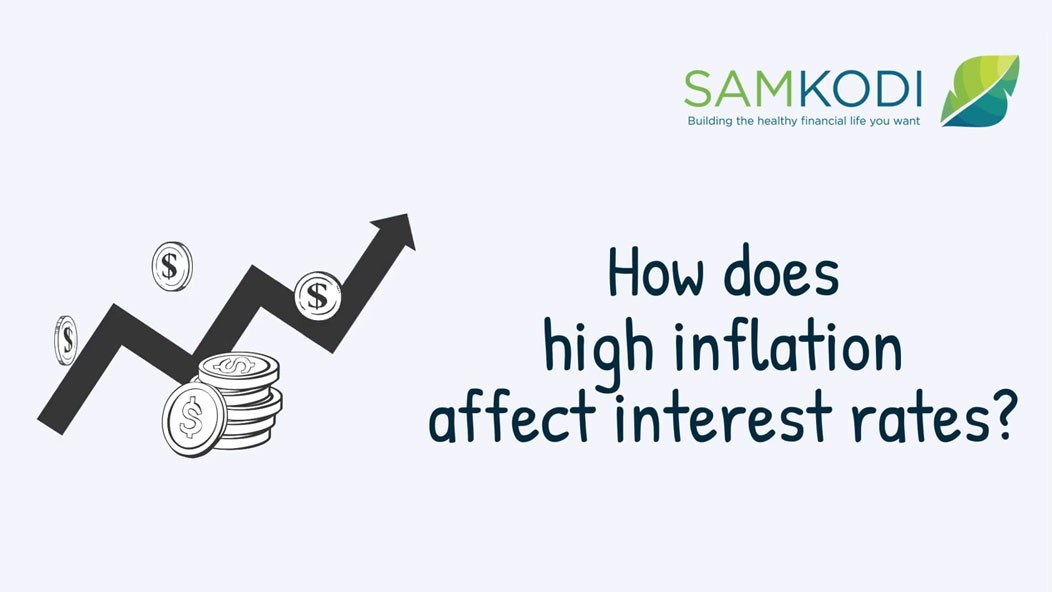High inflation means your life is about to get more expensive in every way. And, that includes your mortgage interest rates. Yes, it sucks.
The rate of inflation is the measure of those sneaky price increases for goods and services which occur every year. This uses the Consumer Price Index (CPI) which tracks the cost of 700 items sold in NZ. It averages the price rises out, and produces a percentage figure of the increase. In New Zealand, the average inflation has historically been around 2.15% each year since 2000. While it doesn’t seem like a big increase, it represents an increase of the price of everything you buy; food, rent, furniture, clothes, tools, makeup, petrol… everything. This adds up, and inflation compounds every year.
Effectively, this means we all get poorer every year, unless our wage and salary increases can keep up. When inflation is high (i.e. over 5%) we simply get poorer faster.
What Causes Inflation?
In the simplest terms, inflation is where there’s more demand than supply. This could be because there’s an issue with supply such as a shortage of essential goods (oil is a good example; disruptions to production and supply caused by war or trade embargoes will automatically see price increases), or because demand is high such as when the economy is booming and people are buying more things.
Deflation can be just as problematic. This is when the cost of goods falls over time. This is caused by more supply than demand. This makes people delay investing or purchasing items, further reducing demand, leading to even lower prices. New Zealand had a dip into deflation in 1999 and once in the 1950’s, but it’s pretty rare.
Inflation and Interest Rates; What’s the Relationship?
First, a quick refresher on what interest is. When interest rates are charged to a borrower, they are the cost of borrowing money. This money becomes payment to the person or organisation doing the lending, as interest.
Your money in a bank account also receives a certain amount of interest; that is because the bank loans your money out to others, makes interest on that, and gives some of those earnings back to you.
There are a range of factors that affect interest rates:
- The Reserve Bank of NZ can influence interest rates by changing the Official Cash Rate (OCR) to either encourage or discourage people from borrowing and spending.
- Movements in overseas financial markets as NZ lenders are often net borrowers from those markets.
- An increase in demand for loans and credit will increase interest rates while a decrease in demand for credit will reduce them.
- An increase in the supply of money available to loan will lead to decreased interest rates as what happened when the Reserve Bank made more money available following Covid.
One of the Reserve Bank of NZ’s tasks is to keep inflation between 1% and 3%. When inflation tracks above 3%, it’s first line of attack is to change the OCR. So when banks borrow money from the Reserve Bank at a higher interest rate, the bank will always pass this on to their customers; they don’t want to take hit to their profit margins!
Debt can get really expensive, really fast. In 1987, Baby Boomers were buying up property, borrowing lots, and investing heavily in the sharemarket; a large group of people had hit their lifetime peak spending period and they were happily doing just that. That, combined with ‘Rogernomics’ which removed some economic controls and abolished subsidies for farmers, created a perfect storm. NZ’s inflation rate reached almost 16%, which led to the government pushing interest rates up to try and control inflation. This resulted in interest rates of up to an eye-watering 21%.
What Can You Do About Interest Rates Increases?
This is a crunch point for your finances. Not only is the cost of petrol, food, and general living expenses rising, but your mortgage interest rates are too.
Naturally, many take advantage of low interest rates and buy a new home or top up their mortgage to renovate or add to their home. This can be pretty short-sighted if the assumption is that low interest rates will always continue; when that 3% floating mortgage suddenly increases to 5%, then 7%, loan repayments may become higher than anticipated. Added to the general increase in the cost of living, suddenly, Kiwis may find themselves a bit (or a lot) short of cash.
If you have a loan of $500,000 over 30 years with a 3% interest rate, your repayment per month is about $2,109. If that interest rate increases to 5%, the repayment rate is $2,685. A push up to 7%, means repayments of $3,327 a month. (It’s not even worth thinking about a 21% interest rate because the economy would have to have a complete melt down, but that 21% interest would mean repayments of 8,768 a month!)
So, this is where you need to cut back on non-essential spending. Focus on paying off your debt as quickly as possible, to reduce the burden of interest on the debt. If higher rates are going to be a problem for you, consider refinancing or undergoing a debt restructure.
If the events of the past few years has taught us anything, it’s that we live in uncertain times. Predicting whether interest rates are likely to drop, or rise in the future does involve a bit of ‘educated’ crystal ball gazing. Is it worth fixing your interest rate for a few years, or should you float for a bit longer? While no-one can accurately predict what will happen (and when), a financial adviser can help you make some sensible decisions that will keep you comfortable and protected. Contact Sam Kodi if you want help ensuring you make the best choices.








